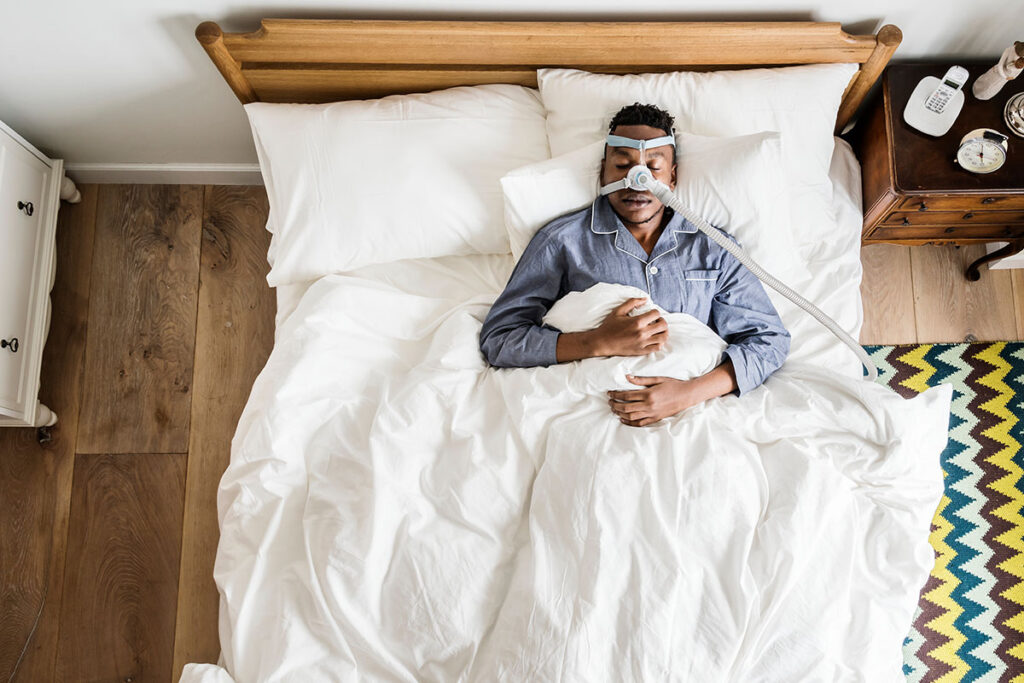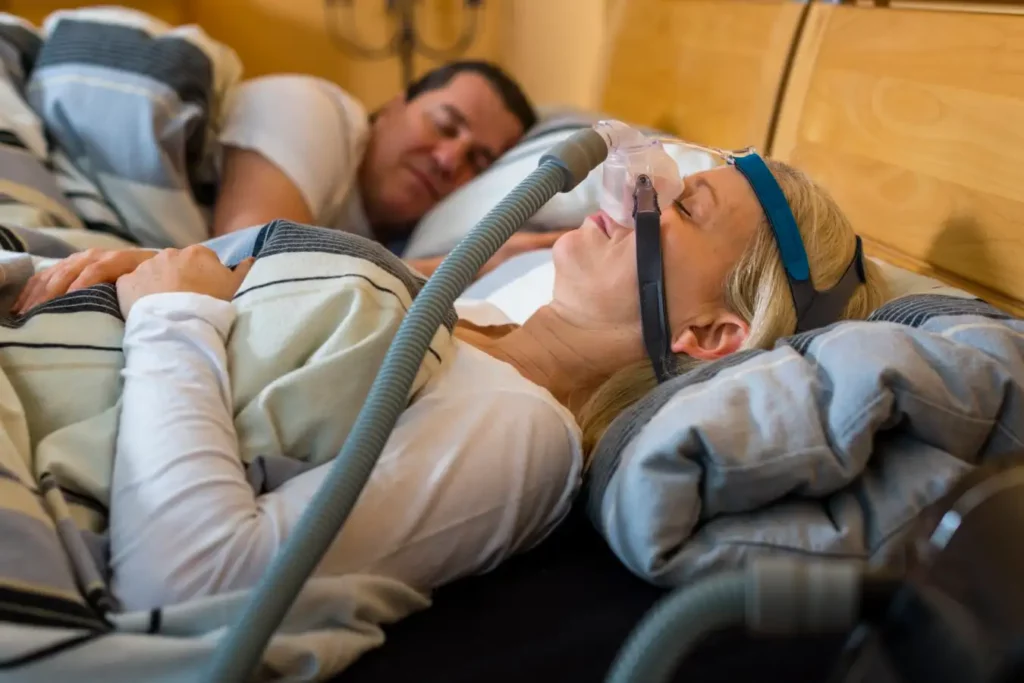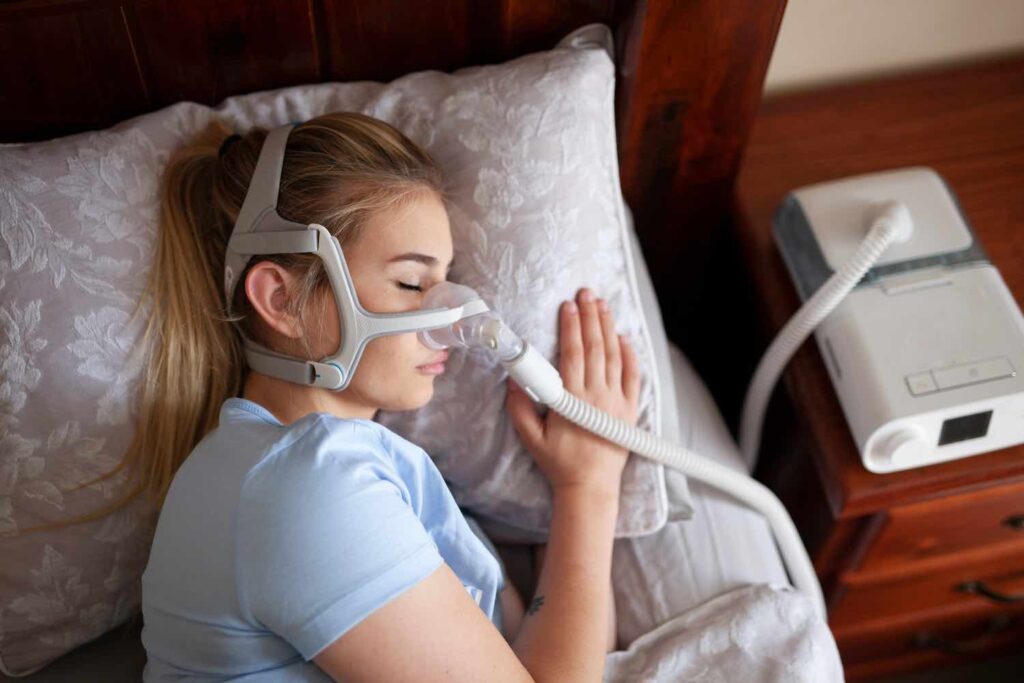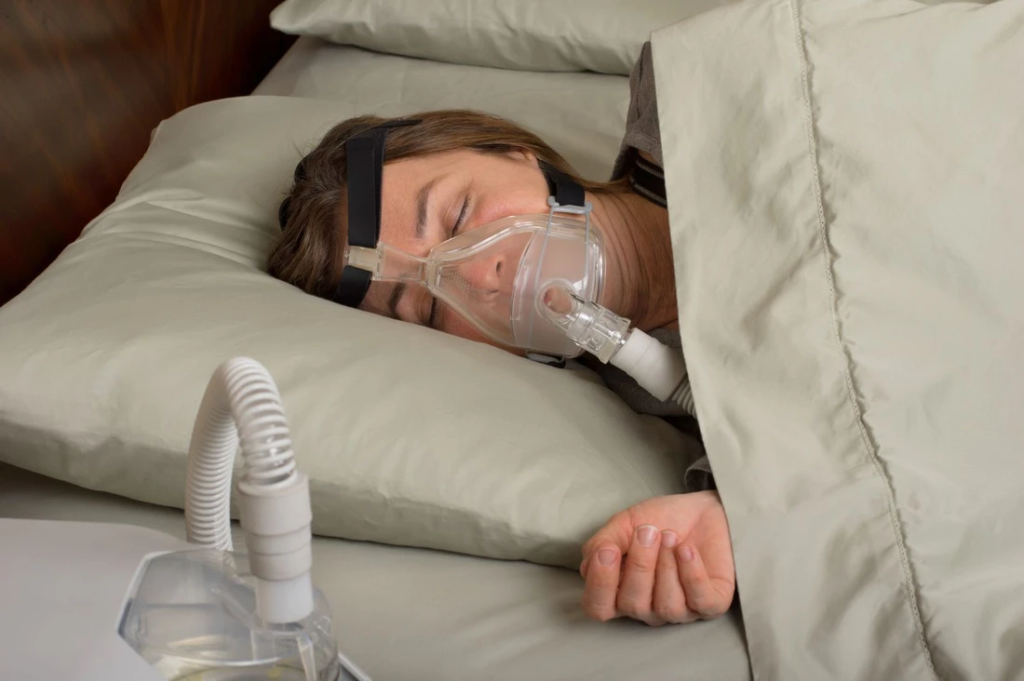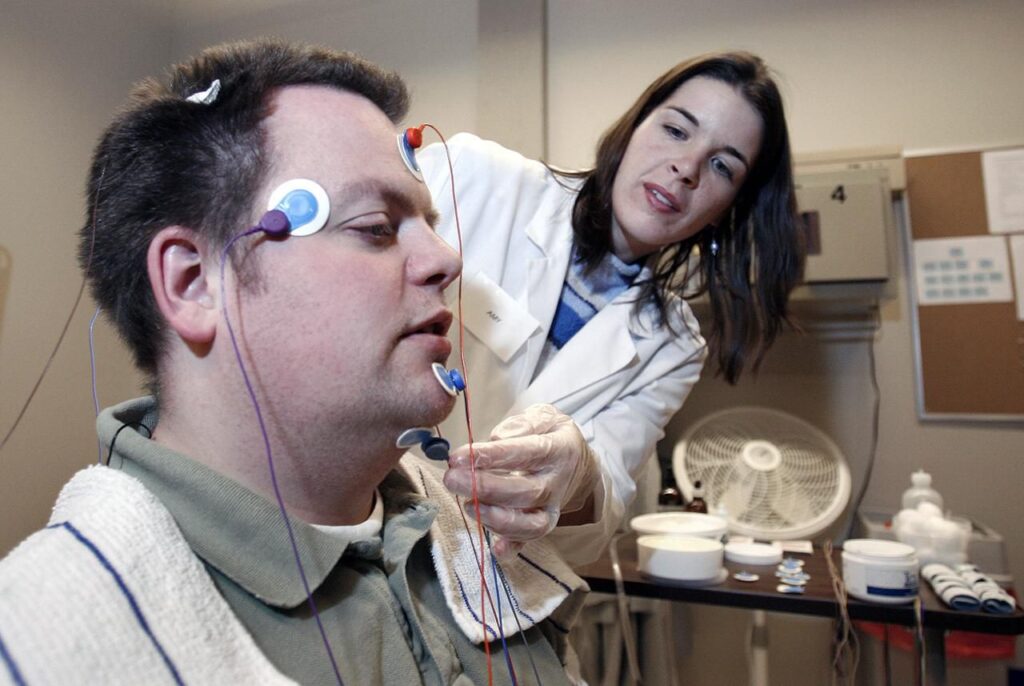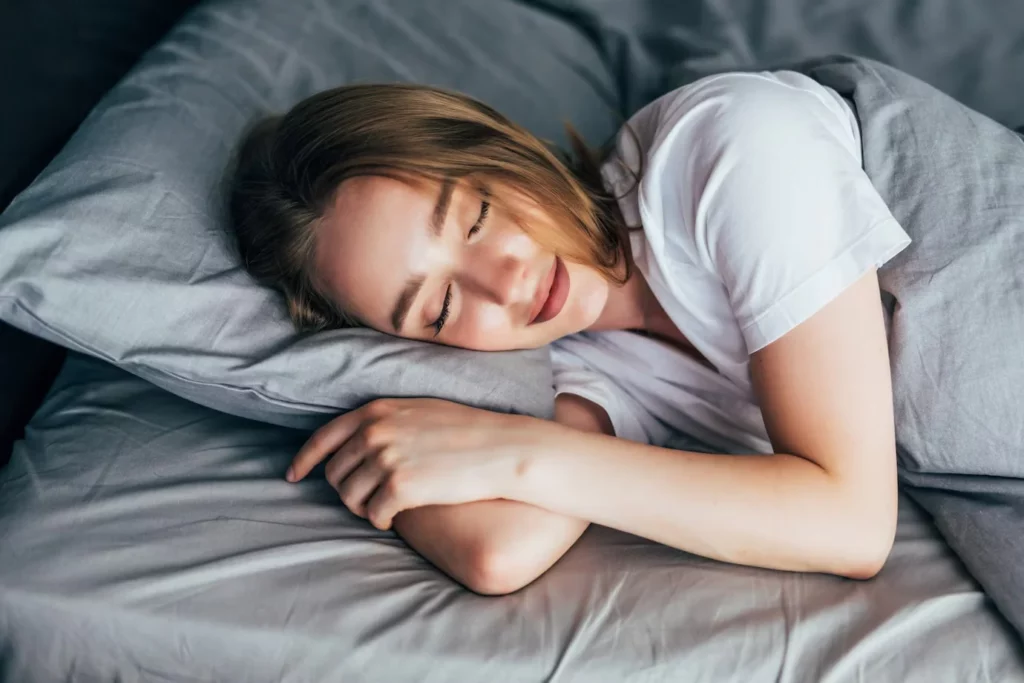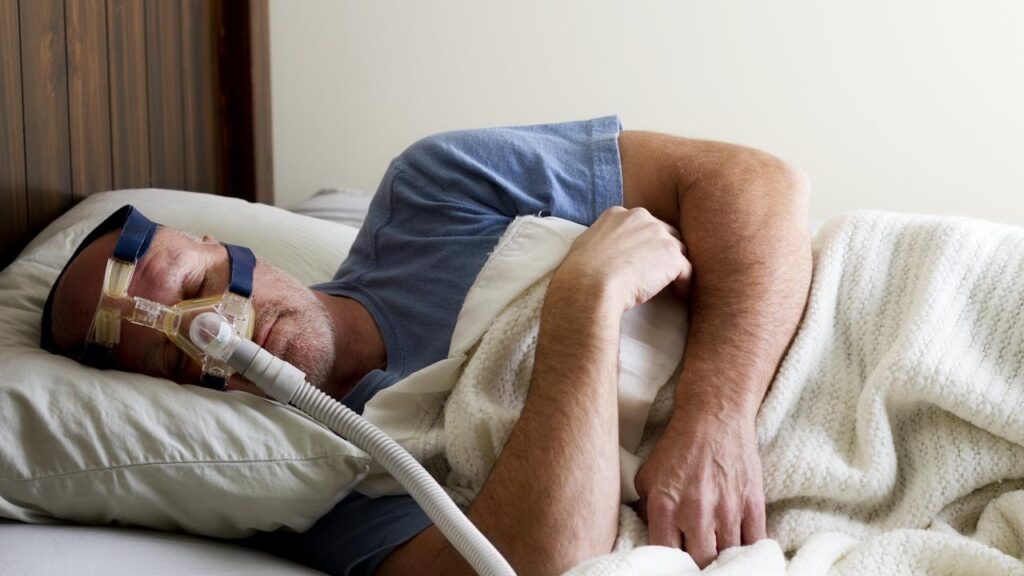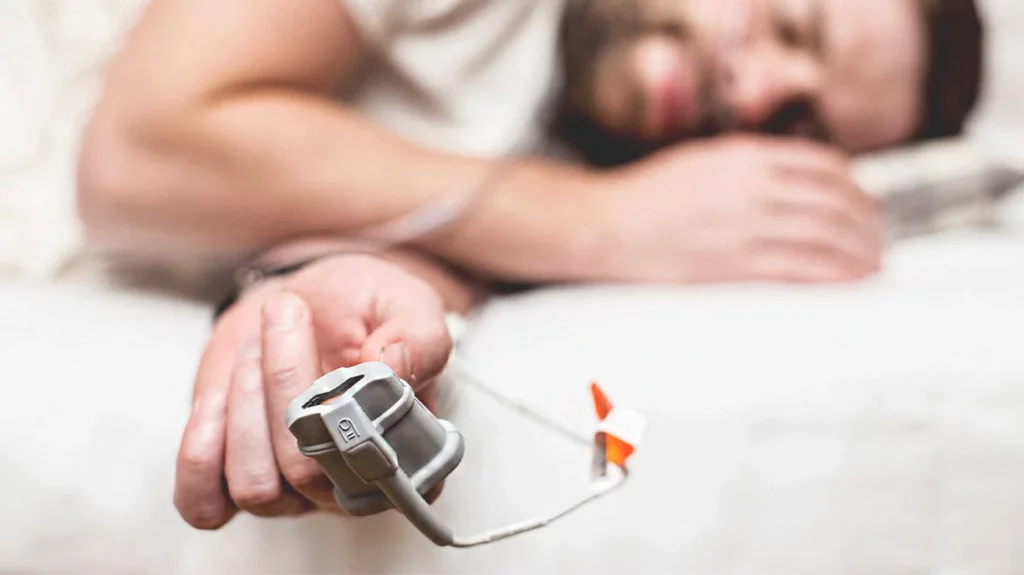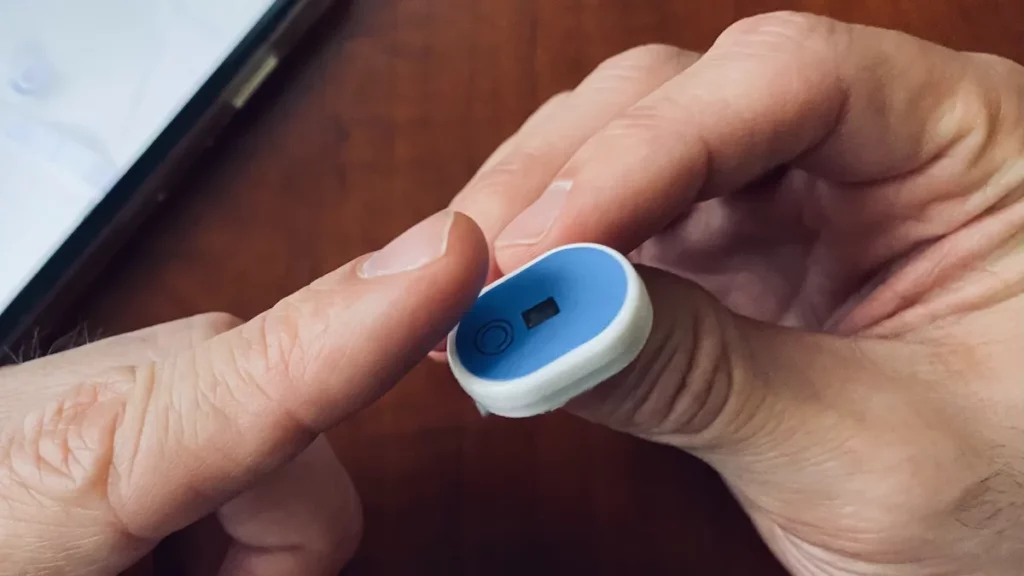Sleep Apnea Test Australia: How It Works and Where to Find It
Sleep apnea is a prevalent yet often overlooked sleep disorder that affects a significant number of Australians. As it can lead to serious health complications, understanding the condition, the testing process, and where to get tested is crucial. This article covers what sleep apnea is, the importance of getting tested, the science behind sleep apnea tests, the types available in Australia, and where you can go for testing.
Understanding Sleep Apnea
Before delving into testing methodologies and locations, it’s essential to understand sleep apnea itself. This disorder is characterized by repeated interruptions in breathing during sleep. These pauses can last for a few seconds to minutes and often occur several times an hour. The frequency and duration of these interruptions can vary greatly from person to person, making it a complex condition that often goes undiagnosed.
Once you've decided to get tested for sleep apnea test Australia, knowing where to go is crucial. Australia has numerous facilities equipped to conduct both in-lab and home sleep tests. The key is finding a provider suited to your needs.
What is Sleep Apnea?
Sleep apnea occurs when the muscles in the throat relax excessively during sleep, leading to a temporary blockage of the airway. There are two primary types of sleep apnea: obstructive sleep apnea (OSA), which is the most common, and central sleep apnea (CSA), where the brain fails to send appropriate signals to the muscles that control breathing. A less common variant, complex sleep apnea syndrome, combines features of both OSA and CSA, complicating diagnosis and treatment. Understanding these distinctions is crucial for effective management and intervention.
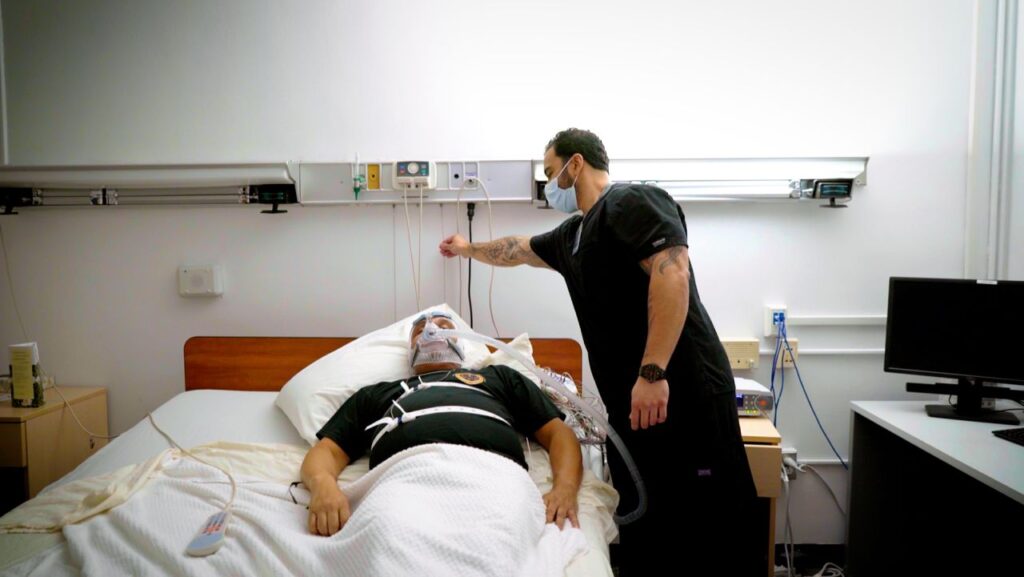
Symptoms and Risks of Sleep Apnea
Common symptoms of sleep apnea include loud snoring, gasping or choking during sleep, excessive daytime sleepiness, and difficulty concentrating. Beyond these immediate symptoms, untreated sleep apnea can lead to various health risks, including cardiovascular problems, diabetes, and decreased quality of life. Individuals may also experience mood swings, irritability, and an increased risk of accidents due to impaired alertness. Furthermore, the condition can exacerbate existing health issues, such as hypertension and obesity, creating a vicious cycle that can be challenging to break.
Moreover, the impact of sleep apnea extends beyond the individual; it can affect relationships and social interactions. Partners of those with sleep apnea often report disturbed sleep due to the loud snoring and gasping, leading to frustration and sleep deprivation on both sides. This can strain relationships and contribute to emotional distress. Understanding the broader implications of sleep apnea can motivate individuals to seek diagnosis and treatment, ultimately improving not just their own health but also the well-being of those around them.
The Importance of Sleep Apnea Testing
Getting tested for sleep apnea is not merely a formality; it is a critical step in ensuring your health and well-being. Many individuals may not realize they have the condition, as symptoms often occur during sleep and may be unnoticed by them. Sleep apnea can lead to fragmented sleep patterns, which can significantly affect your overall quality of life, making it essential to recognize the signs and seek testing.
Why You Should Get Tested
If you suspect that you or a loved one might have sleep apnea, seeking a test is vital. Early detection can lead to appropriate treatment, which may involve lifestyle changes, continuous positive airway pressure (CPAP) therapy, or other medical interventions. By getting tested, you can improve your sleep quality and reduce the risk of serious health complications. Furthermore, understanding your sleep patterns can also help you make informed decisions about your daily routines, such as when to exercise or how to manage stress, ultimately contributing to a healthier lifestyle.
The Consequences of Untreated Sleep Apnea
Failing to address sleep apnea can result in a myriad of consequences. Chronic sleep deprivation can contribute to mood swings, irritability, and mental health conditions like depression and anxiety. Physically, the risk of high blood pressure, heart attacks, strokes, and accidents due to daytime fatigue can increase. Understanding these consequences underscores the importance of testing and treatment. Additionally, untreated sleep apnea can affect your cognitive functions, leading to memory problems and difficulties in concentration, which can hinder your professional and personal life. The impact of sleep apnea extends beyond the individual, as it can strain relationships and affect family dynamics due to the irritability and fatigue experienced by those suffering from the condition.
How Sleep Apnea Tests Work
Testing for sleep apnea merits thorough exploration, as it employs various methods depending on the severity of the symptoms and other health factors. The tests aim to evaluate your sleep patterns and breathing during sleep accurately.
The Science Behind Sleep Apnea Testing
Sleep apnea testing typically involves measuring physiological signals while you sleep. In laboratory settings, specialists monitor brain waves, blood oxygen levels, heart rate, respiratory effort, and airflow. This data helps determine whether sleep apnea is present and the specific type, which is crucial for tailoring the right treatment. The two main types of sleep apnea are obstructive sleep apnea (OSA), which occurs when throat muscles relax excessively during sleep, and central sleep apnea (CSA), which happens when the brain fails to send proper signals to the muscles that control breathing. Understanding these distinctions is vital, as they can lead to different treatment approaches, ranging from lifestyle changes to the use of CPAP machines or even surgical interventions.
What to Expect During a Sleep Apnea Test
During a sleep study, whether in a lab or at home, you can expect various sensors to be placed on your body. These may include bands around your chest and abdomen to measure breathing effort, sensors on your fingers for blood oxygen levels, and EEG electrodes on your scalp to monitor brain activity. In a lab, you’ll spend the night in a comfortable room that mimics a regular bedroom environment. Home tests may be less comprehensive but are convenient and useful for diagnosing many cases of obstructive sleep apnea. It's important to note that while the idea of sleeping in a lab may seem daunting, the staff are trained to ensure your comfort and privacy, often providing amenities such as soft bedding and soothing lighting to help you relax. Additionally, many patients find that the presence of monitoring equipment quickly fades into the background, allowing them to sleep as they normally would, which is essential for obtaining accurate results. Find more about electrodes at https://www.snexplores.org/article/explainer-what-is-an-electrode
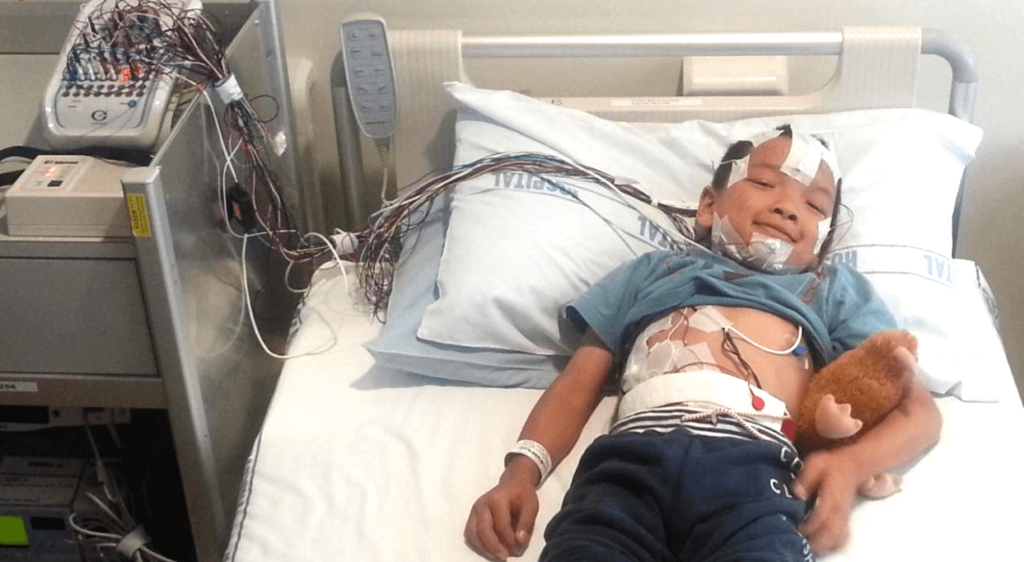
Types of Sleep Apnea Tests Available in Australia
Australia offers several types of sleep apnea tests, catering to diverse needs and preferences. Understanding these options is essential for choosing the right method for you.
Click here to read more about sleep apnea test.
In-Lab Sleep Studies
In-lab sleep studies are considered the gold standard for diagnosing sleep apnea. Conducted in a sleep clinic or hospital, these tests allow for comprehensive monitoring by a sleep technician. Patients spend the night in a controlled environment where various physiological parameters are recorded, providing detailed insights into sleep apnea severity and underlying issues. During the study, multiple factors such as brain activity, eye movement, heart rate, and oxygen levels are meticulously tracked. This thorough approach not only helps in diagnosing sleep apnea but also in identifying other sleep disorders, such as insomnia or restless leg syndrome, which may coexist and complicate treatment plans.
Home Sleep Tests
Home sleep tests have gained popularity due to their convenience and accessibility. These tests often involve simplified monitoring equipment that patients can use in the comfort of their homes. While less comprehensive than in-lab studies, home tests are effective for diagnosing many cases of obstructive sleep apnea, especially in individuals with clear symptoms. The equipment typically includes a small device worn on the finger to measure oxygen saturation, along with a nasal cannula to monitor airflow. Patients appreciate the ease of using these devices, as they can avoid the stress of sleeping in an unfamiliar environment. However, it's important to note that home tests may not capture all the nuances of sleep patterns, which can be critical for a complete diagnosis.
Moreover, the choice between an in-lab study and a home sleep test can depend on various factors, including the severity of symptoms, medical history, and personal preferences. For instance, individuals with comorbid conditions or those who have experienced complex sleep issues may benefit more from the detailed analysis provided by an in-lab study. On the other hand, patients who are hesitant about clinical settings or who have straightforward symptoms might find home tests to be a more appealing option. As the field of sleep medicine continues to evolve, advancements in technology are likely to enhance the accuracy and reliability of home sleep tests, making them an increasingly viable alternative for many patients.
Where to Find Sleep Apnea Testing in Australia
Sleep Clinics and Hospitals
Many specialized sleep clinics and hospitals across Australia offer comprehensive sleep studies. These facilities are staffed by trained professionals who can interpret results and recommend appropriate treatments. Searching for accredited sleep clinics in your area will help you find the right service. Additionally, many of these clinics provide a multidisciplinary approach, involving sleep specialists, respiratory therapists, and psychologists to address the various factors contributing to sleep apnea. This holistic perspective ensures that patients receive tailored treatment plans that consider their unique circumstances, lifestyle, and health history.
Online Sleep Test Providers
In recent years, online sleep test providers have emerged as a convenient alternative. These services allow patients to order home sleep tests through telehealth consultations. After receiving the necessary equipment, patients can conduct the test at home and send their results back for analysis. This approach saves time and makes sleep apnea testing more accessible to those with mobility or time constraints. Furthermore, many online providers offer follow-up consultations to discuss results and treatment options, ensuring that patients remain supported throughout their journey. This flexibility has made it easier for individuals in remote areas or those with busy schedules to prioritize their sleep health without the need for extensive travel or time away from work. To learn more about equipment click here.
Understanding the nuances of sleep apnea is also essential when seeking testing. The condition can manifest in various forms, from obstructive sleep apnea, where the airway becomes blocked during sleep, to central sleep apnea, which involves a failure of the brain to signal the muscles to breathe. By recognizing the symptoms, such as excessive daytime sleepiness, loud snoring, and difficulty concentrating, individuals can better advocate for their health and seek appropriate testing options. Early diagnosis and intervention can significantly improve quality of life, reduce the risk of associated health issues like cardiovascular disease, and enhance overall well-being.

